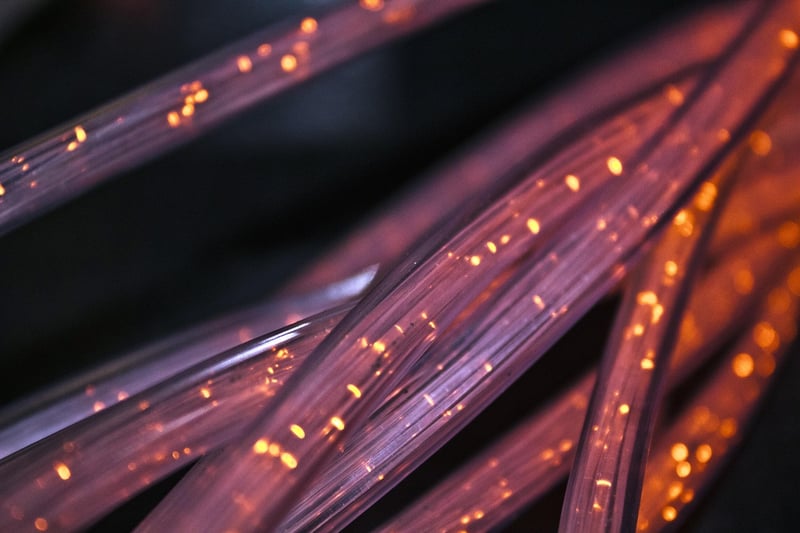Causal Loops
The Intriguing World of Complex Phenomena and Causal Loops
Welcome to the fascinating realm of complex phenomena and causal loops! In this article, we will delve into the intricate interplay of these concepts and explore how they shape our understanding of various systems and processes.
Understanding Complex Phenomena
Complex phenomena refer to intricate systems or processes that involve multiple interconnected elements. These phenomena often exhibit emergent properties, where the whole system behaves in ways that are not simply the sum of its parts. Examples of complex phenomena include ecosystems, weather patterns, and social networks.

Key Characteristics of Complex Phenomena:
- Non-linear relationships
- Feedback loops
- Emergence of new properties
- Adaptation and self-organization
Exploring Causal Loops
Causal loops are interconnected chains of cause-and-effect relationships that can create feedback mechanisms within a system. These loops can be classified into two main types: reinforcing loops, where an initial change is amplified, and balancing loops, where changes are self-regulating.

Types of Causal Loops:
- Reinforcing Loops
- Balancing Loops
- Delay Loops
- Escalation Loops
The Interplay of Complex Phenomena and Causal Loops
When complex phenomena interact with causal loops, they can give rise to dynamic and often unpredictable behavior. Understanding these interactions is crucial in various fields, including systems thinking, economics, and ecology, as it allows us to anticipate system behavior and potential outcomes.
By recognizing the presence of causal loops within complex systems, we can better analyze the underlying mechanisms driving change and develop more effective strategies for intervention and management.
So, next time you encounter a complex phenomenon, remember to look for the hidden causal loops that might be shaping its behavior!
